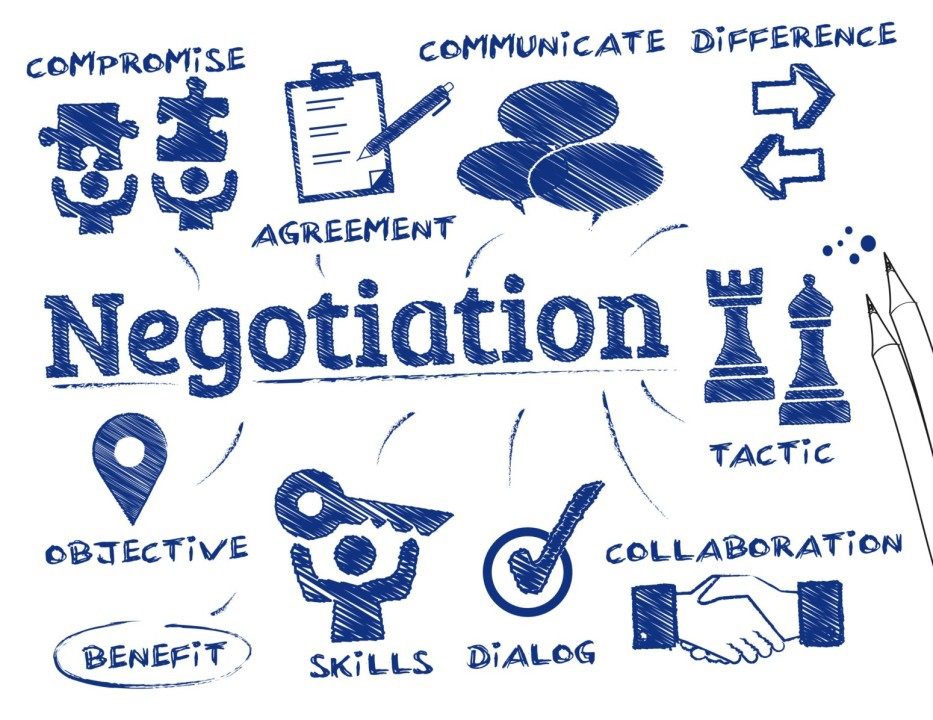Effective communication and negotiation skills are indispensable tools for success in the dynamic landscape of modern business. Whether you’re sealing deals, resolving conflicts, or fostering collaborations, the ability to convey your message clearly and negotiate mutually beneficial outcomes is paramount. We delve into the significance of honing business communication and negotiation skills and explore strategies to master them.
The Importance of Business Communication:
Clear and concise communication lies at the heart of every successful business transaction. Effective communication facilitates the exchange of ideas, fosters trust, enhances relationships, and minimizes misunderstandings. In a business context, communication occurs through various channels, including verbal, written, and non-verbal cues.
In today’s interconnected world, mastering digital communication tools is essential. Professionals need to adjust communication styles for different mediums, ensuring professionalism and clarity in emails, instant messaging, and video conferencing.
Ieormo | updateonsports | populartravelguide | zaeawova | mallorcavipcare | CounterBeSties | NettsCustoms
Critical Elements of Effective Business Communication:
- Clarity and Precision: Communicate your message concisely and understandably, avoiding jargon or ambiguous language.
- Active Listening: Pay close attention to the perspectives of others, demonstrate empathy, and ask clarifying questions to ensure mutual understanding.
- Non-verbal Communication: Be mindful of body language, facial expressions, and tone of voice, as they can convey subtle cues and influence the interpretation of your message.
- Feedback Mechanisms: Encourage open feedback loops within your team or organization to foster continuous improvement in communication practices.

The Art of Negotiation in Business:
Negotiation is a fundamental aspect of business interactions, whether you’re bargaining with suppliers, closing deals with clients, or resolving conflicts within teams. Effective negotiation requires strategic planning, interpersonal skills, and adaptability to achieve mutually satisfactory outcomes.
Critical Strategies for Successful Negotiation:
- Preparation: Thoroughly research the subject matter, understand your objectives, and anticipate potential counterarguments or objections.
- Active Listening and Empathy: Listen attentively to the needs and concerns of the other party, demonstrate empathy, and seek common ground to build rapport.
- Flexibility and Creativity: Be open to exploring alternative solutions and trade-offs to reach a win-win outcome.
- Maintain Professionalism: Maintain composure, avoid personal attacks, and focus on addressing issues constructively.
- BATNA (Best Alternative to a Negotiated Agreement): Identify your BATNA and leverage it as a benchmark to assess the value of proposed agreements.
Conclusion:
In conclusion, mastering business communication and negotiation skills is essential for navigating the complexities of the modern business landscape. By honing these skills, professionals can enhance collaboration, build trust, and achieve mutually beneficial outcomes in diverse business scenarios. Invest in improving your communication and negotiation skills, whether you’re an executive or an entrepreneur. It’s crucial for success in your professional journey.
Effective communication and negotiation aren’t just skills; they’re powerful tools that can boost your business acumen and drive you toward your goals. Embrace communication, refine negotiation, and unlock growth opportunities in the competitive business world.


